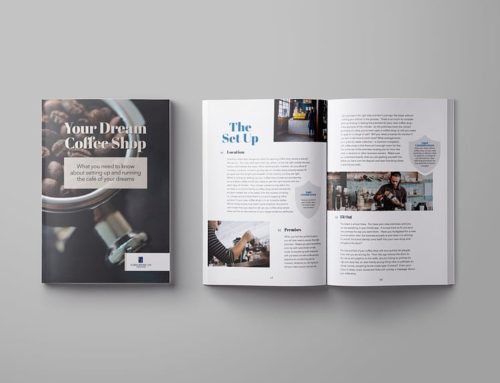 Smaller companies will soon be able to avail of the examinership process in a more economical and accessible fashion with the introduction of new “Examinership Lite” provisions. Examinership will be less expensive given that the process, under new legislation, will be carried out in the Circuit Court as opposed to the High Court. This will allow smaller companies who meet the required criteria to restructure their business and renegotiate their debts (including possible rent reductions) while avoiding the sometimes prohibitive High Court costs.
Smaller companies will soon be able to avail of the examinership process in a more economical and accessible fashion with the introduction of new “Examinership Lite” provisions. Examinership will be less expensive given that the process, under new legislation, will be carried out in the Circuit Court as opposed to the High Court. This will allow smaller companies who meet the required criteria to restructure their business and renegotiate their debts (including possible rent reductions) while avoiding the sometimes prohibitive High Court costs.
The criteria that must be met in order to avail of the new provisions (once introduced) are as follows.
- 1. The company’s balance sheet must not exceed €4.4 million and
- 2. The company’s turnover must not exceed €8.8 million and
- 3. The number of employees in the company must not exceed 50.
All too often there is a “head in the sand” attitude by company directors and by the time help is sought it is generally too late. A huge amount of companies in this country that run into financial difficulties end up in receivership or liquidation and never even consider the life saving possibility of examinership. It may very well be that some companies have considered examinership but have ruled it out on the basis of its expense. The new Examinership Lite provisions, once introduced, will open up a whole new avenue for SME’s to renegotiate debts or indeed rents with landlords. Currently there are some 160,000 private companies in Ireland that currently avail of the audit exemption. Some one third of all Irish people are employed by such private companies and the Examinership Lite process, as a mechanism to help save or protect those jobs is not before time.
It should also be noted that many SME businesses in Ireland today are experiencing difficulties with their lending institutions in terms of refusal of credit, conversion of overdrafts into term loans and unreasonable demands for repayment. The constant threat of having a receiver appointed is a fear instilled into the SME sector and a fear that causes many sleepless nights throughout the island. The application to appoint an Examiner and the subsequent appointment of that Examiner can defeat the appointment of a receiver by a bank to a business provided certain criteria are met and very tight deadlines are adhered to. Up to now this type of protective procedure would have been out of the question for many SME’s because of prohibitive costs. Again the possibility of applying for and the appointment of an Examiner through the Circuit Court is much more affordable and therefore a potentially more realistic avenue.
A successful application by a company to its local Circuit Court for examinership and thus the protection of the court can be completed from start to finish within 3 months. In the event that a restructuring deal can be implemented then the company could emerge from the process with the real and distinctive possibility of long term survival. This is extremely attractive when compared with liquidation which can last for up to 2 years and possibly result in the restriction or disqualification of a director from acting in that capacity again or for a fixed period of time.
All in all the examinership process in Ireland is extremely underutilised when compared with other jurisdictions. The reason for this is most probably down to cost. The introduction of the new Examinership Lite proposals are therefore most welcome. The implementation of the new law is in train and recently new “Specialist Judges” have been appointed to the Circuit Court to handle these type cases.
If you are a viable business experiencing financial difficulties and believe that a restructure of the company’s debts, or renegotiation in terms of rent, or some fresh investment could provide a long term solution to your business then talk to us today to find out whether the examinership process is suitable for you. As the old saying goes, “a stitch in time saves nine”. If the process is commenced early and before matters get too bad within a company then the chances of survival are far greater.
Victor Clarke, Managing Partner, heads up the Commercial Insolvency Section of Clarke Jeffers & Co. Solicitors. Clarke Jeffers (c) 2013.






